Is literature in danger in a world where machines seem to be sweeping all else aside? Can artificial intelligence replace humans in the realms of art and storytelling? Are creativity, innovation and imagination under threat?
Concerns about machines supplanting people are perennial, especially in the areas of writing, journalism and creative endeavours. Such a shift could eliminate jobs and remove humans from these arenas altogether. This has led some pessimists to sound the alarm, warning that humanity and creative writing are on the brink of extinction.
I believe that this is an exaggeration: technological innovations are designed to serve humanity, not the other way around. But such anxieties raise questions about our capacity to keep up with the times, and adapt and harness the changes they bring about for human well-being and contentment.
Imagination opens up new horizons, inviting us to craft narratives and unleash our creative visions to depict innovative worlds, free from any constraints or adherence to reality. The focus is on weaving tales or fantasies that possess unique allure and otherworldly charm, elements that engage readers through themes, conflicts and plots.
Imagination allows writers to explore a wide range of topics, ideas and emotions, often serving as a medium for commenting on society, human nature and various aspects of the human experience. Genres like science fiction, magical realism, historical fiction and literary fiction coexist and intermingle in the creative process, making imagination an umbrella that covers all disciplines, serving as both a forecaster and a facilitator for them.
I recall reading years ago about a collaboration between NASA and a publishing house to produce a series of science-based novels aimed at inspiring future explorers and inventors. The project stemmed from the belief that science fiction plays a significant role in many scientists’ career choices; everything begins with imagination and expands limitlessly.
Certainly, human imagination is indispensable; all innovations are the product of this boundless and stimulating faculty, which journeys constantly into untrodden realms in search of the new and the exotic.
Machines, as human inventions, can play specific roles – roles that may either grow or diminish depending on the field in which they are used. Yet they can never replace people. Even if they become capable of generating content, they lack the imagination that drives creative processes, opening new vistas for humans in both their lives and the world.
Machines can be harnessed and utilised to furnish us with information or accomplish certain tasks. Yet the realm of imagination and creativity remains the exclusive domain of human beings, who wield fantasy as their secret weapon, their extraordinary tool, and their greatest gift. Humans should not squander their energies in illusory battles that lead nowhere and afford them no security.
It’s neither logical nor realistic to claim – or even imagine – that humanity is about to enter a phase in which it will abandon the achievements and artistic aesthetics built over the history of art, literature and creativity. The idea that new works will be produced and designed based on different standards – as though there is a conflict between what came before and what will come after – is flawed. Rather, creativity is a process of continuous integration and building upon previous accumulations.
The dream of the new and the different resides within the human soul. The grandest and deepest journey for the creative writer lies in exploring the complexities of the human psyche, an entity especially hard for those who contain it to pin down. How much more elusive, then, would it be for a machine devoid of any feelings and incapable of delving into the depths of the human soul – that unique blend of complexities and paradoxes that shape this dream-fuelled, inventive creature soaring in the skies of his fantasies and aspirations?
Imagination, dreams, inspiration, creative thinking, human emotions and an appreciation of the aesthetics of arts and literature are among the most potent weapons humans arm themselves with throughout their lives and history. These are the very elements that pave their way into the future, continuously renewing from one generation to another and revolving in an eternal cycle of attempts to beautify the world.
Stories of courage, dreams and emotions express the identities of their bearers and the messages of their creators. They are formulations of lived experience, serving as bridges connecting humans across time and space, and mirrors revealing the depths of souls.
Books and the tales they contain remain among the most beautiful of human accomplishments. Thus, we can confidently assert that the future of creativity is not in jeopardy so long as the imagination continues to flourish.
Source: Riyadh Review of Books
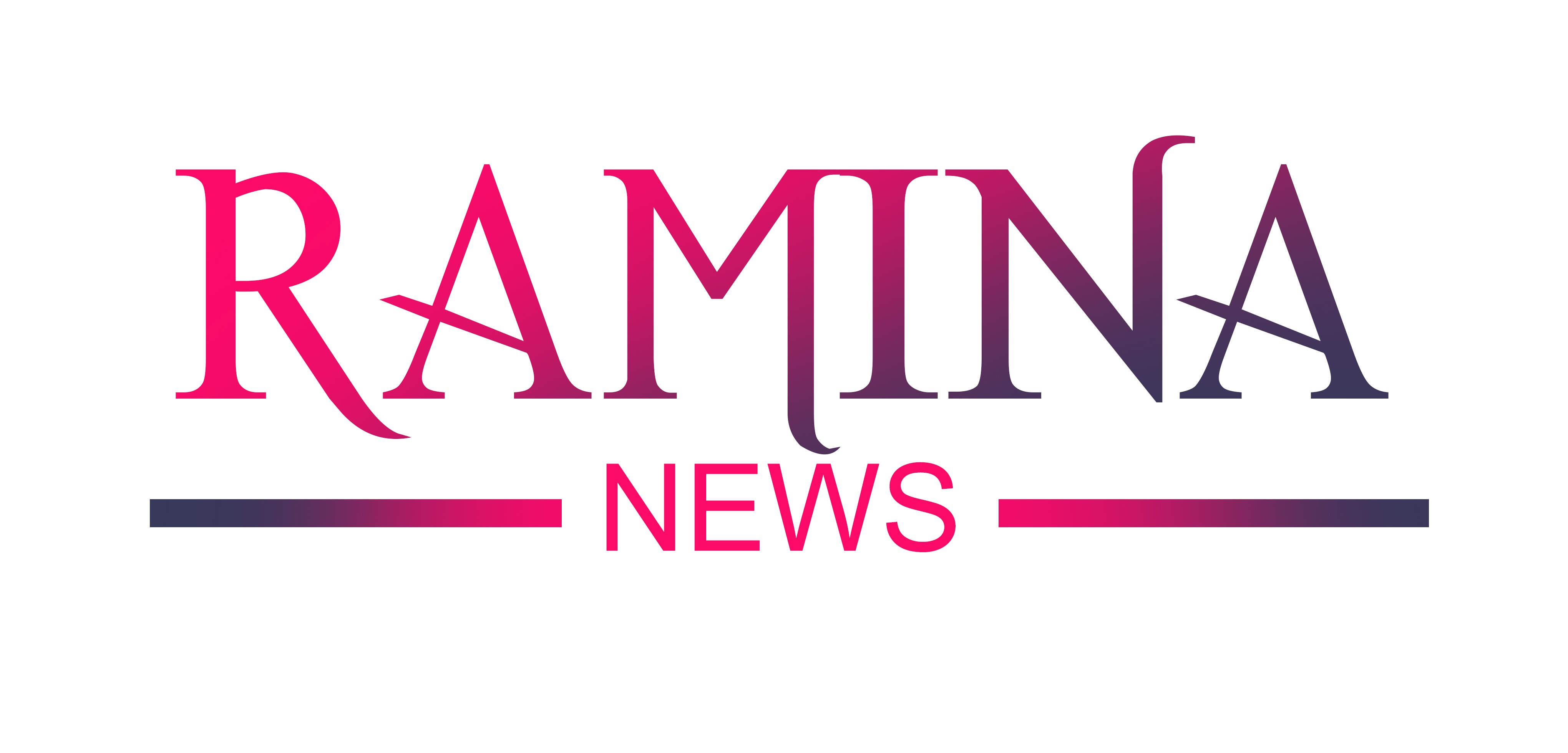
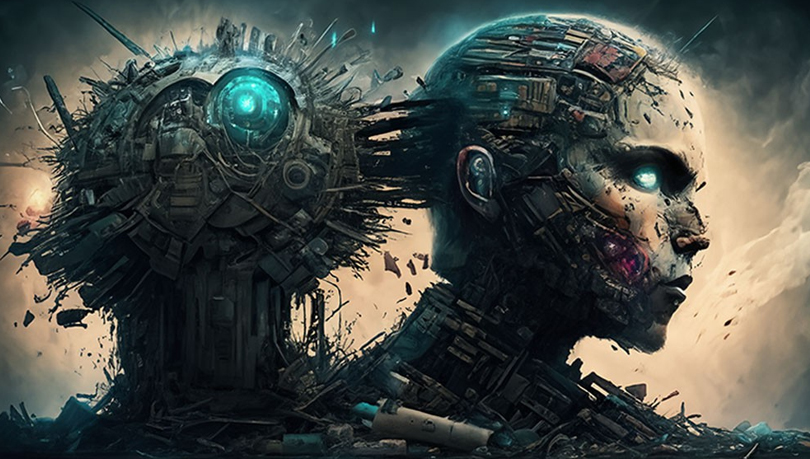

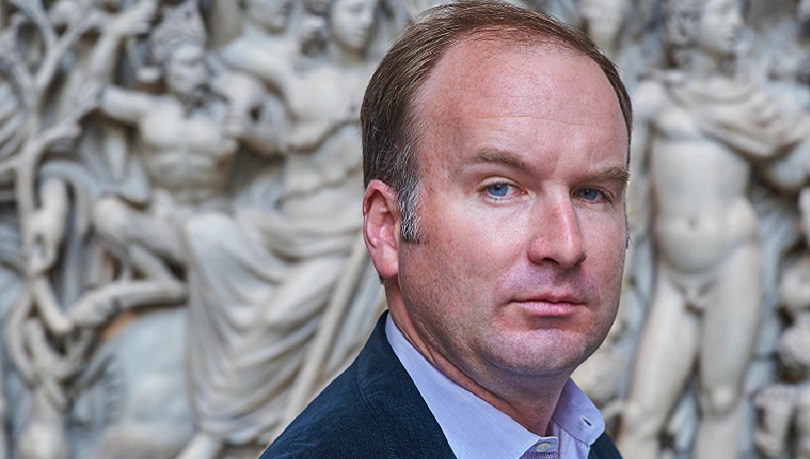
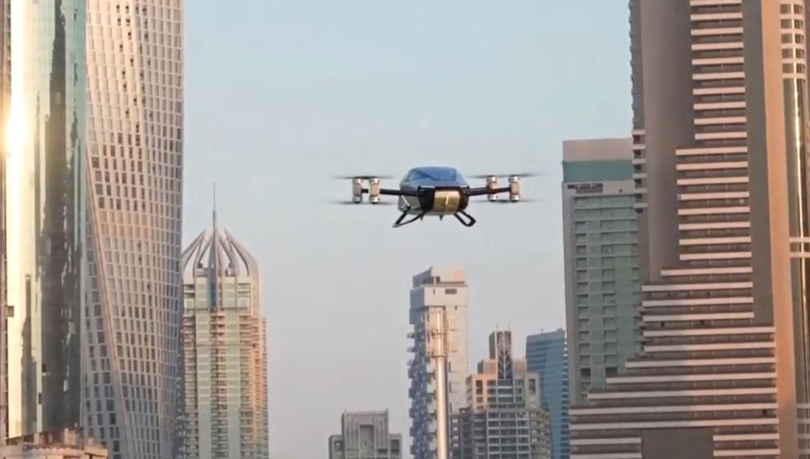
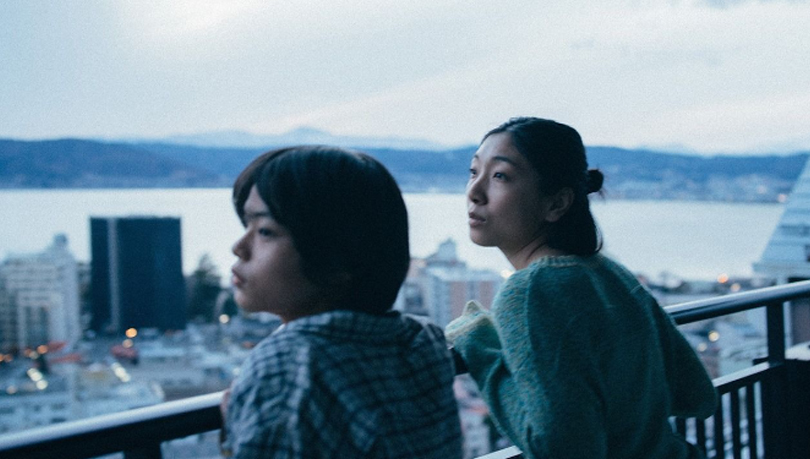
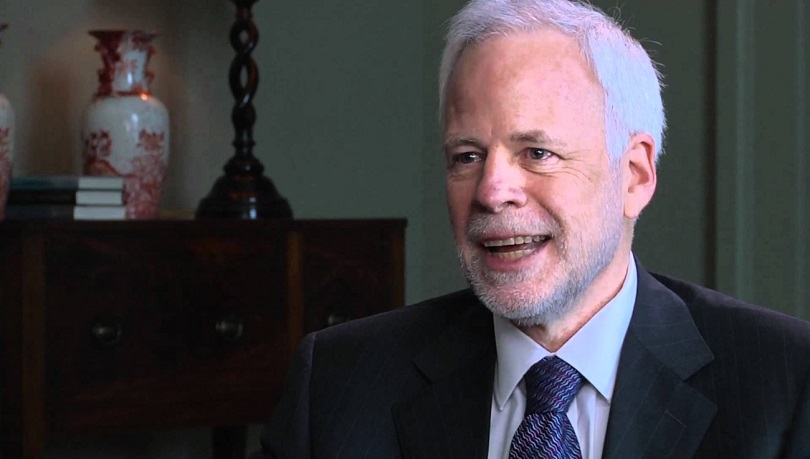
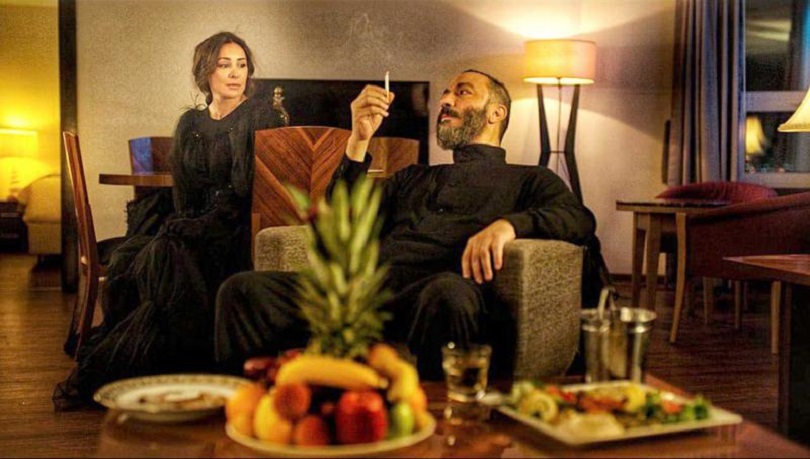
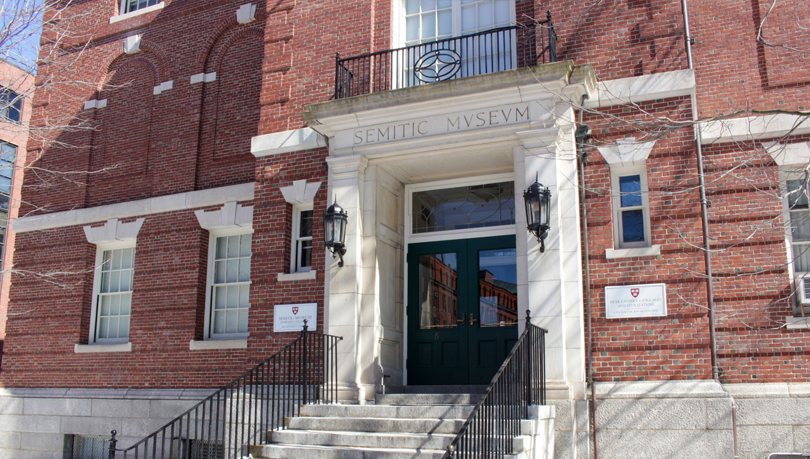
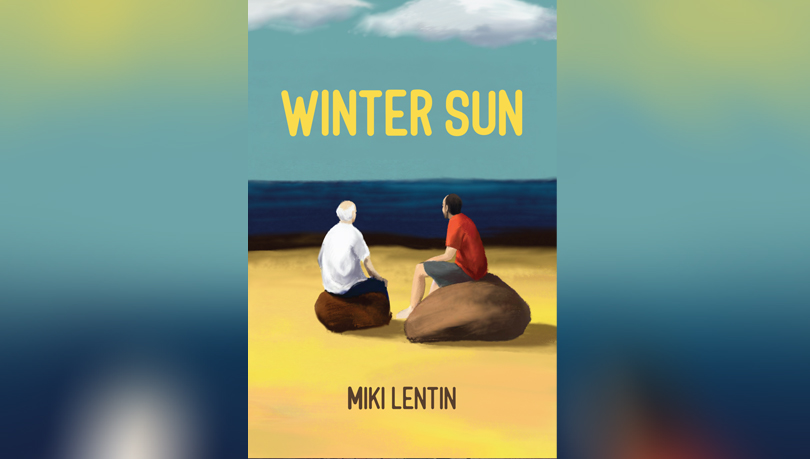

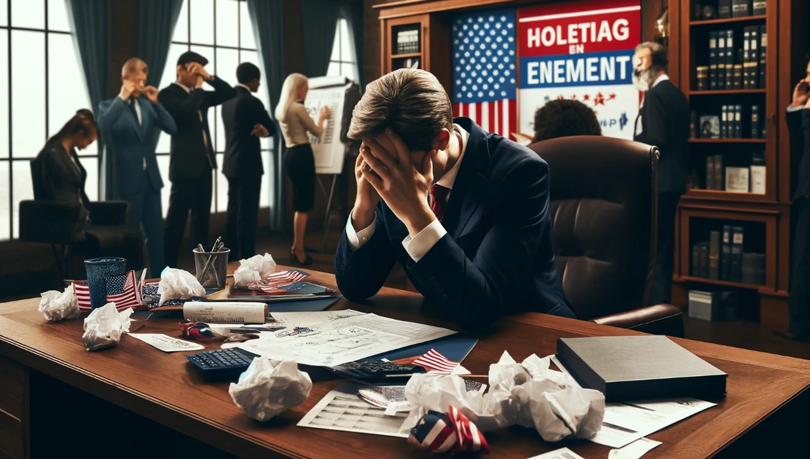


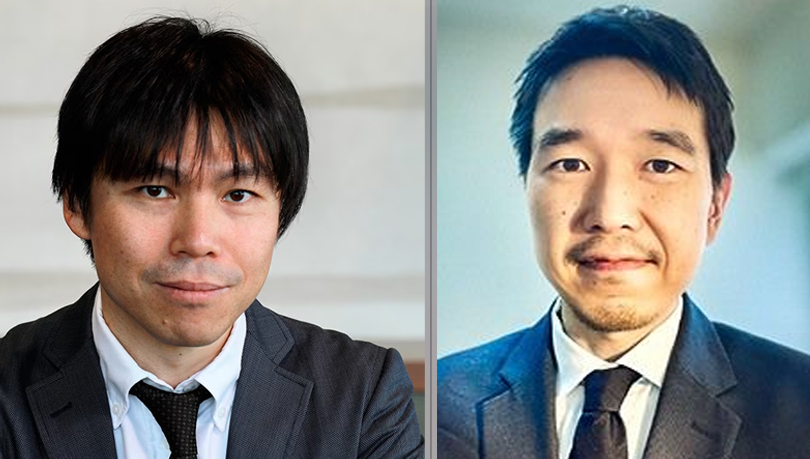
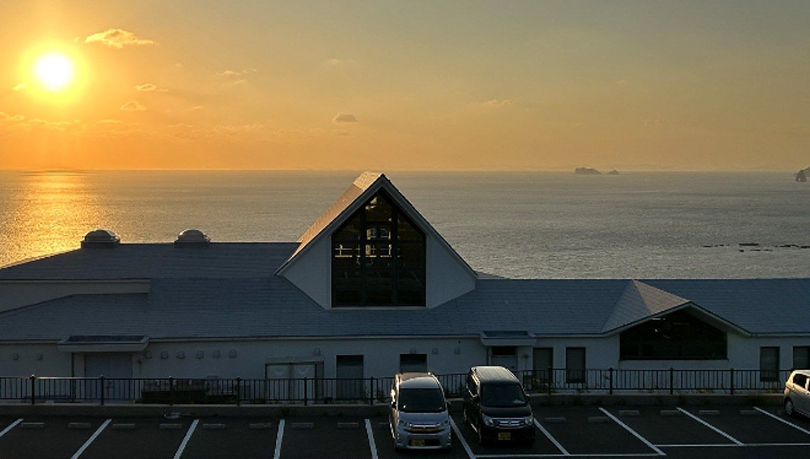
0 Comments